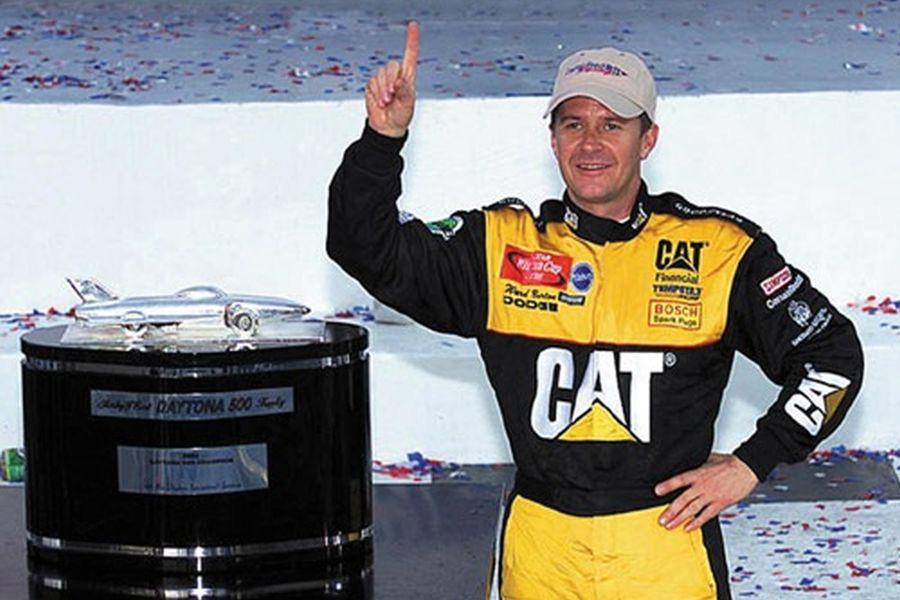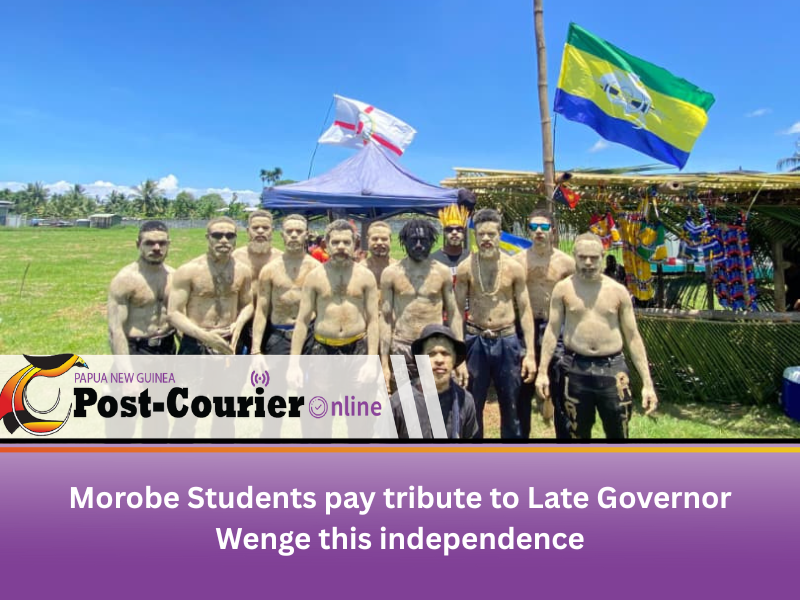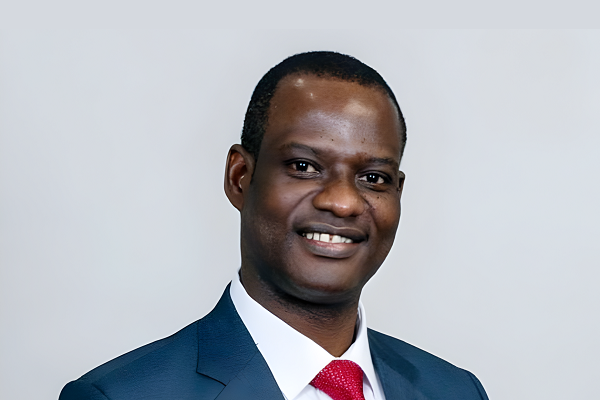
In the NASCAR garage, emotional moments on the tracks are quite common. But sometimes a driver finds these moments not on the track but off the track, reminding everyone of the human side behind the helmets. Ward Burton, celebrated for his 2002 Daytona 500 victory and 2001 Southern 500 triumph, grew up in the woods around South Boston, Virginia, where a love for the outdoors shaped his life. His recent visit to a site tied to World War II’s darkest chapters stirred deep feelings, connecting personal reflection with historical weight. This isn’t new for NASCAR, where paths have long crossed with WWII legacies.
From the sport’s 1948 inaugural season, drivers like Red Byron, who piloted planes in WWII before claiming the first championship, and Bud Moore, a D-Day veteran who later built winning teams, carried their service into racing. More recently, in 2024, Bubba Wallace honored the WWII Flying Tigers unit with a special paint scheme at Dover Motor Speedway. But Burton’s experience at this haunting location hits differently, given its unimaginable scale of suffering. Let’s turn to the five-time Cup winner to understand the impact.
Ward Burton shared a raw video from Mauthausen concentration camp in Austria, where m–der was a way of life, calling it “one of the most moving things I’ve ever done in my life here just to pay respects.” It captures his emotional response to standing where horrors unfolded from 1938 to 1945, when the Nazis imprisoned about ~197,464 people, many forced into brutal quarry labor, resulting in over 95,000 deaths.
ADVERTISEMENT
Article continues below this ad
Paying my respects to all the lives lost at this place. pic.twitter.com/fWsJ4DC4za
— Ward Burton (@WardBurtonWBWF) September 15, 2025
ADVERTISEMENT
Article continues below this ad
Liberated by U.S. forces in May 1945, the site now serves as a memorial, drawing visitors to confront the atrocities. Burton, known for his straightforward style, highlighted the unimaginable suffering, saying, “Can any of us imagine the horrors that went on here?” His words honor the liberators, tying into his own appreciation for those who “liberate, not conquer.” This sobering three-word phrase is a nod to veterans’ sacrifices worldwide.
Today, Burton channels that sense of making a difference through the Ward Burton Wildlife Foundation, which was started in 1996 to protect land and educate on conservation. As his son Jeb explained in a podcast, “My dad created the Ward Burton Wildlife Foundation in 1996. The Foundation now protects over 12,000 acres. So what the foundation does is protect military bases for the National Guard. They protect Quantico, they protect Fort Pickett, and they protect a lot of different bases.”
By securing conservation easements or buying property around these sites, the foundation prevents development like solar farms or warehouses, offering tax benefits to landowners while ensuring long-term protection. This work, managing habitats for endangered species and partnering on military readiness programs, shows Burton’s commitment to positive impact, much like the liberation he praised.
Burton’s message quickly spread across social platforms, sparking reactions from fans who connected deeply with his vulnerability and respect for history.
Fans share heartfelt responses to Ward Burton’s visit
One fan opened up about a similar visit, saying, “I toured Dachau a few years ago, it was an incredibly moving experience, and I strongly encourage everyone to consider touring one of these camps at some point in their lives.” This echoes the lasting impact such sites have, much like Mauthausen’s role as a reminder of forced labor horrors, where prisoners endured starvation on minimal calories while hauling heavy stones up the “Stairs of D-ath.” Fans often share these stories to urge others toward education, fostering a community that values remembrance alongside racing passions.
Shifting to Burton’s enduring appeal, another commenter noted, “Ward Burton has always and will always be supremely based. Man lived in a cabin with no electricity for several years and lived off the land just because he could. Then he decided let’s try racing.” This highlights his rugged roots, from off-grid living in Virginia to entering NASCAR in the 1990s, where he notched wins despite starting late. It’s a testament to his self-reliant spirit, which fans admire as the foundation for his conservation efforts today.
The unexpected nature of the post drew surprise, with one saying, “I did not expect to ever see Ward Burton and concentration camp in the same sentence. But well said, Ward.” Burton’s racing career, spanning 375 Cup starts, rarely intersected with such global history publicly, making this moment stand out. Fans appreciate how it humanizes a driver who competed fiercely but now uses his platform for thoughtful messages.
“I don’t know what I expected to see, but it wasn’t this. And damn, Ward was really moved by the experience. The man has won a Daytona 500; you wouldn’t blame him if he lived in that moment forever and never changed from there. Yet he still finds it in his heart to be moved by world historical tragedies and wants to pass along his story of it.”
ADVERTISEMENT
Article continues below this ad
Burton won the Daytona 500, a dream race for every driver to win, and he won it in 2002. If he wanted, he could live his life happily, thankful for that win. Still, he chooses a different life and finds meaning in visiting places that hold the darkest time of humanity, which requires some courage to do. After retiring in 2007, Burton focused on family and foundation work, showing evolution from speedway glory to advocating for land and legacy preservation.
Wrapping up the praise, one fan declared, “Ward Burton is a fricking national treasure – Y’all should give this podcast a listen, Ward is the kind of person for whom the phrase ‘don’t judge the book by its cover’ is best suited.” Referring to Jeb’s interview detailing the foundation’s growth, it underscores Burton’s depth; beyond his Southern drawl and racing stats, he’s built a legacy protecting over 55,000 acres total through partnerships, and all that without taking a dollar, not even as a salary. This encourages fans to look deeper, seeing the full picture of a man dedicated to stewardship.



